Frank DeFilippo: What Baltimore Needs in a Mayor
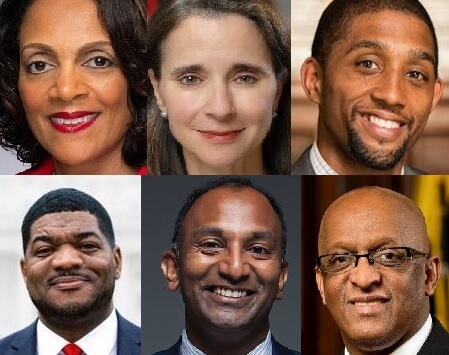
Begin with a cliché. This election of a Baltimore mayor should be about two things – character and integrity. The rest is background noise.
And, right up front, no question, the menacing plague of coronavirus, and the ballad of the misbegotten ballots, have upended the standard strategies of campaigning as well as the traditional methods of flushing out the vote.
The mayor’s assignment is not about deploying cops. That is what police commissioners are for. It is not about the flyspeck details of the city’s budget. That’s what budget directors do. And it’s certainly not about fussing over arcane language in the City Charter. Right now, that’ll get Baltimore nowhere. They’re all accountable to the mayor, of course, who decides the value of their performance.
The job of a mayor is the big picture stuff, the vision thing, as it was once described, though a hand in the minutiae of city life – the visible building blocks of the town’s lifescape – are a pathway to electoral popularity.
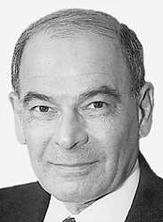
Frank A. DeFilippo
The formula for being mayor of Baltimore is not complex. It’s as simple as one, two, three – pick up trash, plow snow and keep your fingers out of the collection plate. Well, maybe it’s a little more complicated than that, but those are the basics.
All of the above may be parts of the problem, but in the gestalt of things they don’t offer up a solution to the city’s systemic disorder.
This election is about that ineffable quality called leadership, the moral characteristics that make up the very quiddity of a person and how they project it.
In ancient Greece, oratorical skill was among its highest callings. On such a day at the Agora, according to legend, the first man rose to speak. When he finished, the listeners said, what a wonderful speech. And then the second man spoke. And when he ended, the audience said, come, let us march.
That, fellow citizens, is what Baltimore needs today, someone who can move us past the baloney that passes for action and the gimmicks and gestures that mimic competence.
Baltimore has tried slogans, too – “The City That Reads,” “The Greatest City in America,” “Believe,” and the costly nonsense as a tourism magnet, “Get In On It.” Huh? Probably the one that worked best was “Trashball.” At the very least, it kept the gutters clean.
The tourists stopped coming when muggers took over the downtown streets and Harbor Place became host territory to marauding gangs. That’s why the waterside attraction was shut down early on Sunday evenings.
Baltimore has had three successive mayors default from the job – two are convicted criminals, and the third was forced to abdicate because she lacked the chops to make the tough calls that the office demands. Two of the three were thrust into the office and were not originally the people’s choice. (The incumbent mayor was also a reluctant beneficiary of an upward push.)
Baltimore’s top elective office has been passed around like a consolation prize.
Comparisons suck, to roughly paraphrase Shakespeare. But the consensus and durable legacy of the persnickety William Donald Schaefer’s many years as mayor was his restoration of pride in his beloved Baltimore. Forget his schtick and his idiosyncratic behavior. Schaefer made Baltimoreans feel good about themselves and their city.
Right now, they don’t. And with good reason.
To the outside world, Baltimore appears rotten from top to bottom. And so it might be, to one degree or another, as the evidence suggests, from the echelon at the top, to cops below.
Item: At least one major national business, through personal knowledge, had signed a contract to locate a branch in Baltimore. When the carnage following Freddie Gray’s death flamed across national television, the contract was canceled.
Item: A major spectator attraction that attempted to establish a permanent base in Baltimore collapsed and withdrew, vowing never to return to the city because the price of doing business was too high and involved too many hands, palms extended.
So here we are, stuck between the prospect of a welfare colony and a choice to reject the damage and begin anew. It won’t be easy. There’s a looming colossal budget deficit because of uninvited germ warfare; persistent and growing inequity; another home-based business is vanishing; new businesses bypass the city because of grift and grime; with the debtors’ collapse of Harbor Place, the city’s venture into the tourism business is over; joblessness is up; 70% of kids and 20% of adults rely on government for meals; and, most unrelenting of all, population has plummeted below 600,000 from its high of nearly a million a half century ago.
One professional observer, Anirban Basu, recommended in a guest commentary on Maryland Matters that the city ought to consider placing itself into receivership to the state for some tough love and behavior modification. It has worked in some places, but resisted in others.
To be fair, the state, it should be noted, already owns many of the major assets in the city – the twin ballyards, the Zoo, the World Trade Center, the transportation system, the Convention Center, to name several.
But there’s another way that should be tried first, and that’s the election.
Turn-around is never easy. It can be downright ugly. Ask any expert in the field.
What Baltimore needs at this existential moment is the determination to create opportunity, and to do that requires investment. Moreover, the city has to preach and teach its citizens how to recognize opportunity when it jumps up and kicks them in the butt. In other words, a crash course in carpe diem.
To accomplish this requires a mayor who can sit down across a conference table and look Jeffrey Bezos or Warren Buffet – or any other CEO – squarely in the eyes and convince them that investment in Baltimore is not a risk but a reward.
The reverse of the medal is also true. CEOs, hedge fund sharks and other denizens of the wonderful world of money can be treacherous across a bargaining table, so any mayor or other elected official should expect the same character and integrity before approaching a deal.
CEOs and relocation experts couldn’t give a fig about taxes, as some 18th Century-schooled economists insist. Their concerns are more about quality of life issues, Q-factors such as public safety, schools, colleges, workforce, housing, cultural attractions for their employees, transportation – all of the ingredients that provide security, personal and business enrichment and social advancement in exchange for their investment.
On the Q-factor scale, Baltimore offers a small share of benefits but falls way short on others. Other cities offer far more, and as for factories and plants, Maryland is a heavily unionized state, so we can’t compete with right-to-work, low-wage states nor can we replicate the climate of the Sunbelt.
Everyone knows that crime and the companion drug markets as well as education are the city’s top concerns. Begin with opportunity, jobs and job training and the good stuff will follow.
C’mon, Baltimore. Pick yourself up, dust yourself off, and start all over again, as the lyrics go.
Baltimore needs a mayor who can make that happen. There is no plan B.

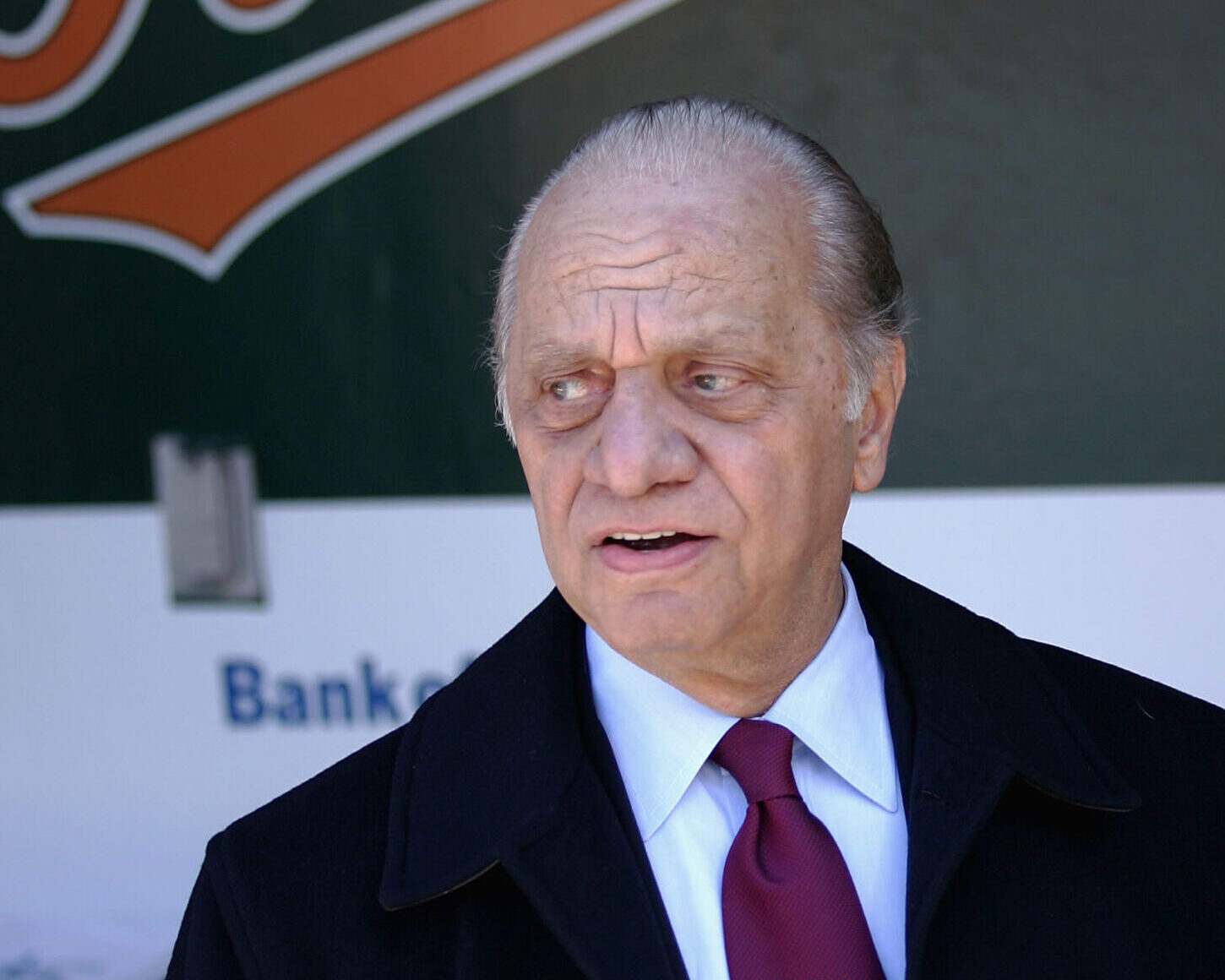
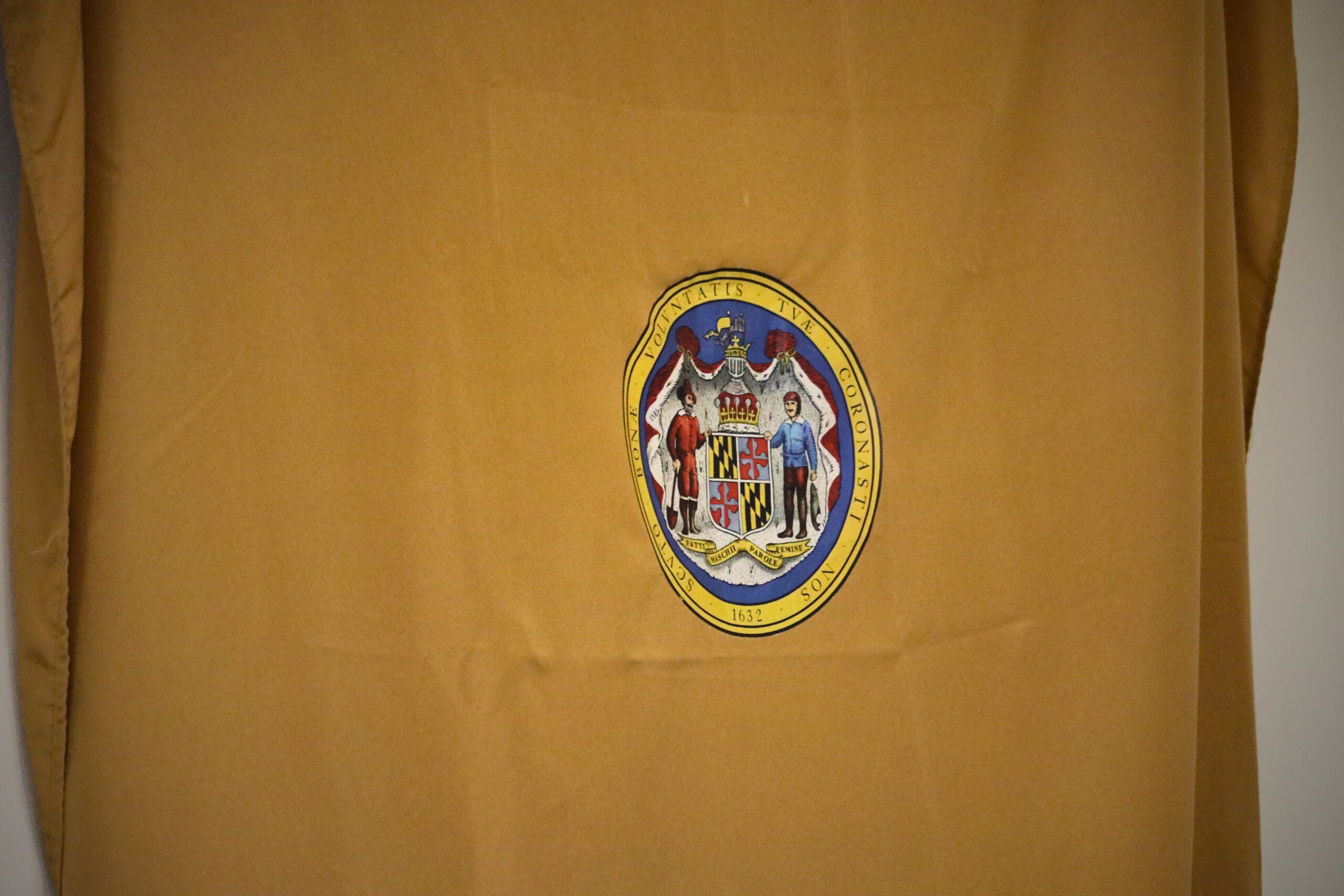
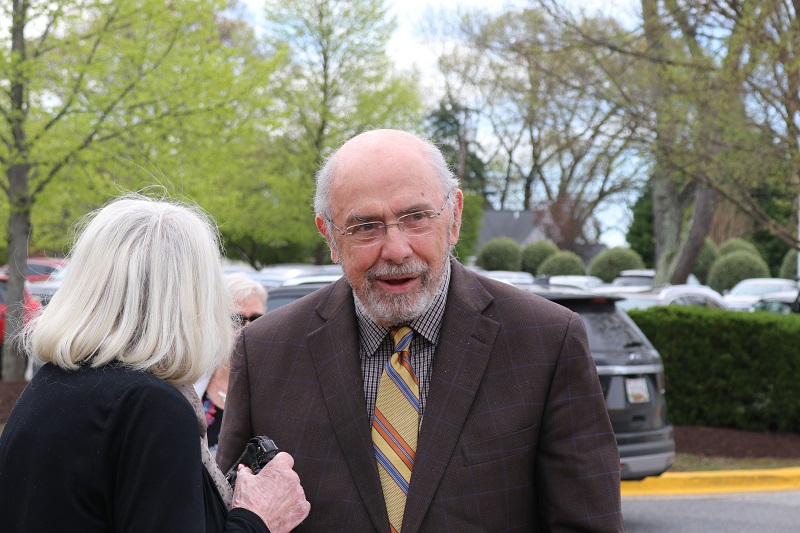
 Creative Commons Attribution
Creative Commons Attribution